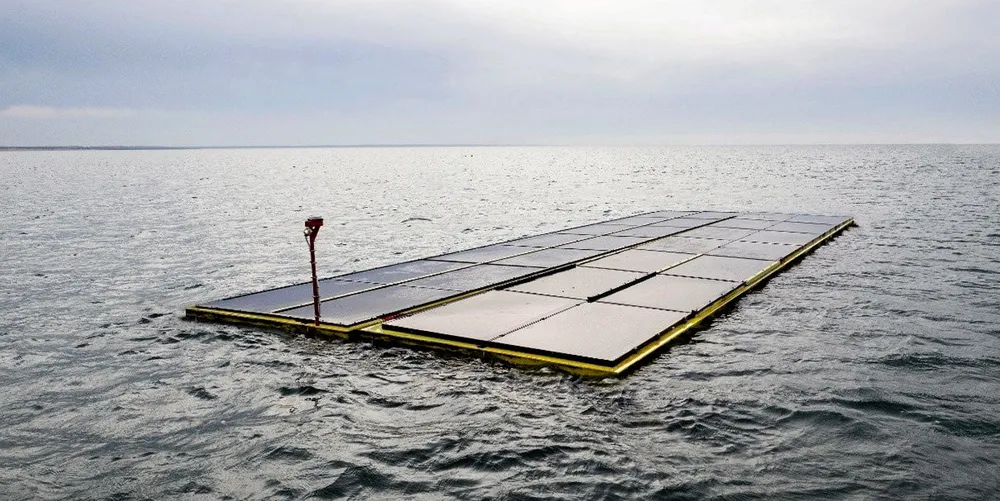'Gamechanger' | Offshore solar farms poised for big league as Dutch set multi-gigawatt target
North Sea PV to be tendered alongside wind under climate and energy plans proposed by Netherlands government

North Sea PV to be tendered alongside wind under climate and energy plans proposed by Netherlands government
